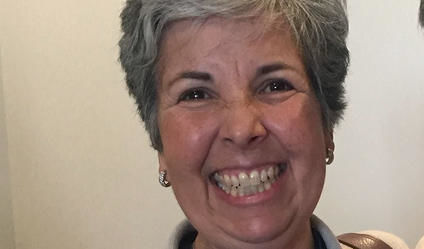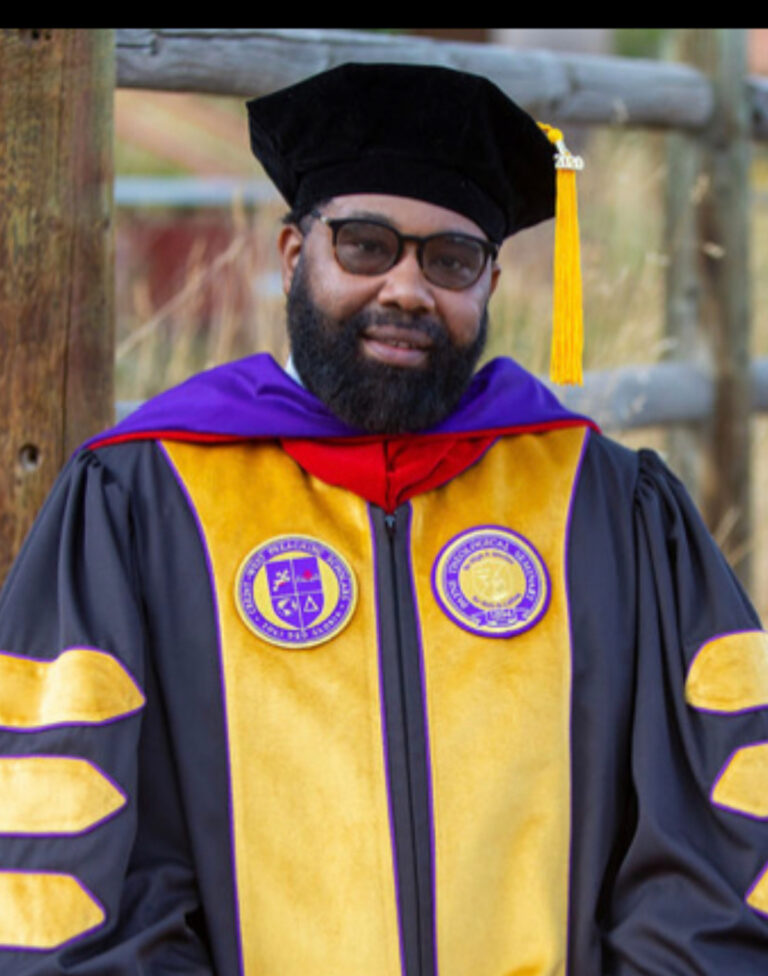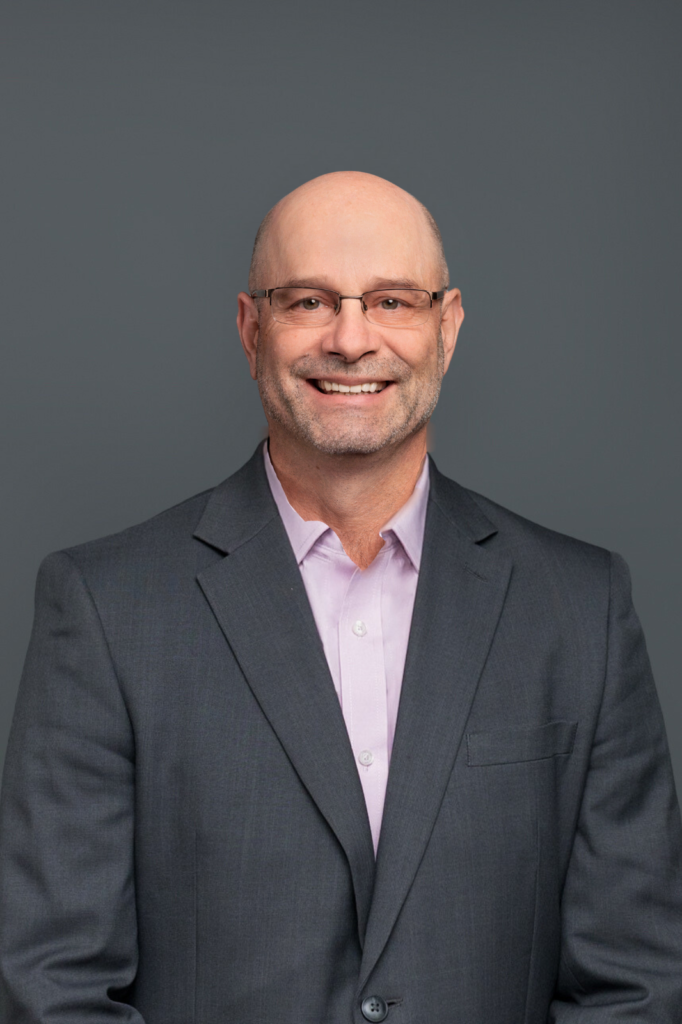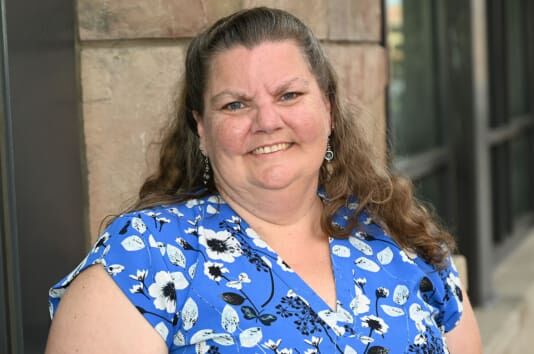Feldman: Is the state Independent Ethics Commission working the way Colorado voters intended?

From its creation in 2006, inadequate resources and a lack of support from Colorado state government have hampered the Colorado Independent Ethics Commission. The largest issue affecting the IEC’s effectiveness, however, has been the commission itself, and its own rules, regulations and processes. This has been particularly true in three key areas: the prosecution of complaints, the role of the Colorado attorney general, and political conflicts of commissioners themselves. The result is a not what more than 62 percent of Coloradoans voted for almost 10 years ago.
First, Colorado is the only state that requires complainants to pursue and prosecute their own cases. Every other state ethics commission in the country has a staff that investigates and manages complaints. This is definitely a better practice. When I was the executive director of the IEC, I regularly received information from residents across the state who knew of corruption or conflicts of interest in their local communities or in state government but who were unwilling or unable to pursue these cases on their own. Some of these potential complaints seemed serious. Cases reported to me included a county executive who solicited donations to his favorite charities from vendors, county officials who solicited donations of televisions and similar items for an office party and a commissioner voting for the county to purchase land as open space that adjoined his own property. These people did not want to be involved in the prosecution of the complaint, and most were surprised that they would have to be. Because of this policy, dozens of cases are not pursued each year. In addition, this has meant that most of the filed cases are by a person or a group with an agenda: a political opponent or a group opposed to the policies of a particular government official. For example, a complaint was filed with great fanfare against former state Sen. John Morse, but the complainant did not respond to numerous emails, letters and phone messages regarding the complaint. It became clear that the complaint was primarily a political tactic.
In order to be effective as a commission, the IEC should investigate and prosecute its own cases. That would allow the IEC to ascertain the true facts and draft an appropriate complaint, if appropriate. The IEC does conduct its own investigations, but the prosecution of the complaint is left to the complainant, even if the IEC’s investigation revealed additional and differing facts. The investigation of a case against a Leadville councilwoman, for example, disclosed significant facts unknown to the complainant. She stated that she would not have filed the complaint had she known all of the facts. The IEC’s investigation into the spending by former Secretary of State Scott Gessler showed financial irregularities in his department, but those issues could not be pursued because they were not part of the original complaint.
Many ethics commissions allow for the filing of anonymous complaints. A 2010 audit conducted by the Denver city auditor concluded that this was a “best practice” for ethics commissions.
The commission sought and received funding for an investigator/prosecutor in 2013, but the IEC, including two members at their first meeting, decided that such a position was not necessary. Funding for that position was then used to pay for increased legal services and the position has never been filled or re-funded.
The other major issue that reduces the effectiveness of the IEC is the role of the Colorado attorney general’s office. Colorado is one of the only state commissions in which the attorney general’s office gives day-to-day advice. This presents inherent conflicts.
The attorney general herself, and everyone who works for her, is subject to the IEC’s jurisdiction. This necessarily affects the advice that is given, even if unconsciously. Moreover, the attorney general’s office also represents most of the people seeking advice and the subjects of complaints. This creates an appearance of a conflict, even if not an actual conflict. Several complainants told me that they felt the deck was stacked against them because of the role of the attorney general’s office.
Except in the case filed against former Secretary of State and current U.S. Rep. Mike Coffman, no formal conflict walls have ever been erected between attorneys representing the commission and attorneys representing the respondent in a complaint. In fact, then-Chief Deputy Attorney General and now Attorney General Cynthia Coffman supervised both the attorneys representing the IEC and the outside attorneys representing Secretary of State Scott Gessler. She was privy to confidential information on both sides. She approved the secretary’s filing of a lawsuit against the commission while also discussing issues that formed the basis for the lawsuit with the commission’s attorney. Then-Attorney General John Suthers took a public position on an issue before the commission, contrary to a preliminary decision made by the IEC. This required the recusal of the IEC’s regular attorney, who had participated in the discussions leading to the commission’s initial decision.
Forty-one states have an ethics commission; many have been in existence for decades. These commissions have similar jurisdiction as the IEC. There is ample information available through both the Council on Government Ethics Laws, an international association of government ethics organizations, and the National Conference of State Legislatures regarding “best practices” for state and local ethics commissions. It would be valuable for IEC commissioners to attend a COGEL conference and meet with their counterparts and hear about best practices and alternative structures. I have attended eight COGEL conferences and reviewed several NCSL trainings, and I benefited enormously from that information.
Finally, almost every other state ethics commission has enacted rules of conduct for commissioners, including guidelines on recusal and rules prohibiting them from endorsing candidates under their jurisdiction during the terms. Many also require financial disclosures by commissioners. These rules make sense as safeguards on the independence and impartiality of ethics commissioners. Individual commissioners were criticized for donating funds to Gov. John Hickenlooper shortly after dismissing a complaint against him. Despite this criticism, the IEC has not adopted any guidelines on these issues, leaving it to individual commissioners to make their own determinations.
Colorado is a clean state; there have not been the scandals that have plagued many other states. But the residents of Colorado who overwhelmingly voted to create the IEC deserve an effective body that follows accepted best practices and processes.
Jane T. Feldman was the executive director of Colorado’s Independent Ethics Commission from 2008 to 2013. Since retiring from the IEC, she has provided ethics advice to local governments in Colorado. She is a member of the Denver Board of Ethics and was recently hired as the director of ethics and compliance for the New York State Assembly. She served on the Council on Governmental Ethics Laws Steering Committee from 2011 to 2015 and was president of the organization in 2012 and 2013.













